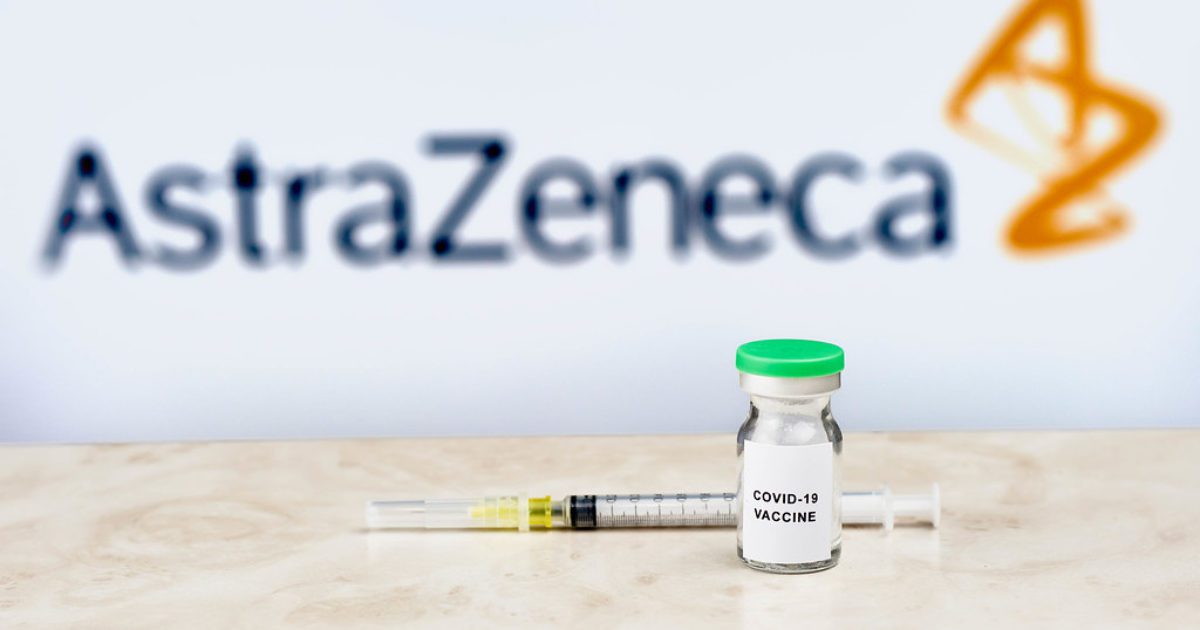ICAN, through its attorneys, submitted an information request to the United Kingdom’s FDA equivalent – the Medicines and Healthcare Products Registry Agency (MHRA) — seeking information about the authorization of the AstraZeneca COVID-19 shot.
While ICAN also sought information about the Pfizer, Moderna, and Johnson & Johnson COVID-19 jabs, this post focuses solely on the AstraZeneca COVID-19 jab.
MHRA initially tried to deny ICAN’s request, but major pushback, and a narrowing of “the scope of the request to seven specific items related to safety testing,” led to the release of 166 pages of records MHRA used to authorize the AstraZeneca COVID-19 jab.
And the findings were disturbing!
ICAN shared the details:
One of these studies investigated biodistribution of the AstraZeneca vaccine, meaning where it goes in the body after injection, in mice. This study revealed that the viral vector DNA did not remain localized in the injection site but instead migrated to other organs. Disturbingly, the study found vector DNA in the sciatic nerves, bone marrow, livers, lungs, and spleens of the mice following vaccination.
The study documents further revealed that, in early 2021, AstraZeneca was forced to amend its data sheet for the vaccine after concluding that there may have been a causal association between the vaccine and serious hypersensitivity including anaphylaxis.
Another perhaps unsurprising revelation was the inclusion of disclaimer that a number of vulnerable populations, such as pregnant and lactating women and immunocompromised persons, were excluded from pre-market human safety studies. In its Marketing Authorization Application, AstraZeneca stated that because these populations were excluded from the studies, the safety of the vaccine in these groups was unknown. This also led the UK’s Joint Committee on Vaccination and Immunization (JCVI) to recommend against the AstraZeneca vaccine for pregnant women – a sentiment that was echoed in the UK’s vaccination schedule guide, commonly referred to as the “Green Book.”
A final shocking revelation in the documents was the heavily redacted discussion of two individuals who developed serious immune-mediated neurological demyelinating conditions following vaccination. Although it states there was “no evidence suggesting a causal relationship” between the vaccine and these events, the UK’s clinical overview conceded that “vaccinations could be associated with immune-mediated neurological conditions” and therefore these adverse events were included as an important potential risk in the vaccine’s risk management plan.
https://twitter.com/benmarblemd/status/1610004513808879616
“AstraZeneca study finds vector DNA in the sciatic nerve, bone marrow, liver, lungs, and spleen of vaccinated mice.” https://t.co/6YLfV75BCP
— Dr. Suneil Jain NMD (@DrSuneilJain) January 2, 2023
“MHRA is expected to produce additional documents regarding its authorization of the other COVID-19 vaccines,” ICAN noted.



Join the conversation!
Please share your thoughts about this article below. We value your opinions, and would love to see you add to the discussion!